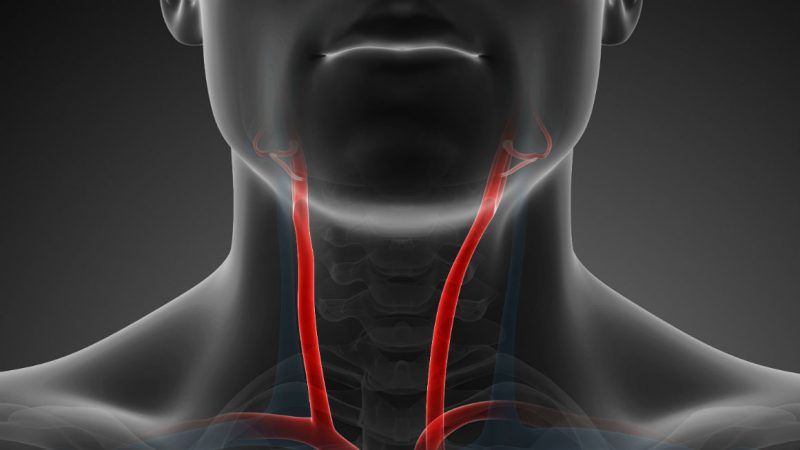Did a Controversial Neck Hold Kill This Man?
The cops pulled over David Glen Ward for "stealing" what turned out to be his own car. Then things went south.

The chase of a suspected car thief turned deadly after California cops used a carotid restraint on the driver. Then the deceased man, 52-year-old David Glen Ward, turned out to be the rightful owner of the vehicle.
According to a statement released by the Santa Rosa Police Department (SRPD), a vehicle theft occurred in an unincorporated part of Sonoma County on November 24. The theft was being investigated by the Sonoma County Sheriff's Office (SCSO), and the suspect, who was not Ward, was reportedly armed.
In the early hours of November 27, an off-duty SRPD detective thought he saw the stolen vehicle and called in a report to the sheriff's office. SCSO Deputy Jason Little responded, as he was the closest to the scene. Followed by Sebastopol officers Andrew Bauer and Ethan Stockton in their patrol vehicles, Little located the vehicle in question and attempted to make a traffic stop. According to the statement, the vehicle initially stopped, then fled. The officers pursued. The seven-minute chase ended when the driver of the vehicle, Ward, came to a stop.
Now joined by Deputy Charlie Blount, the officers approached the vehicle and told Ward to open the door. According to the police statement, he did not: He put his hands up, continued to lower them when the officers were out of view, and finally rolled the window down. When the officers attempted to remove him through the window, the statement claims, Ward bit both of the deputies.
The officers used personal body weapons to strike Ward and deployed a taser through the window. The latter was apparently ineffective. Standing outside the driver's door, Blount then placed an arm inside the vehicle and around Ward's neck. He then "attempted to administer a carotid restraint." This, the statement explains, is "a way of controlling a combative person by placing pressure on the carotid artery, which causes the person to lose consciousness."
The officers then broke the passenger window open, entered through the passenger door, and removed and handcuffed Ward. In a call to dispatch, another deputy who had arrived on the scene said that Ward did not appear to be breathing. Someone administered CPR. Ward was transported to the hospital and died about an hour later.
Law enforcement has since identified Ward as the registered owner of the vehicle he was driving. An official cause of death has not yet been identified, but the hold is surely a leading possibility.
Sgt. Juan Valencia, an SCSO spokesperson, told the San Francisco Chronicle that a carotid restraint differs from a chokehold because, when properly used, it does not constrict the airway. (SCSO's use of force policy states that a deputy must first complete approved training before administering the carotid restraint "due to the potential for injury.") Earlier this year in another part of the state, activists called on the San Diego Police Department to abandon the practice, arguing that the potential for the maneuver to become a chokehold is too high. Law enforcement pushed back, arguing that it was an effective policing tool. The department ultimately decided to continue the practice, but instituted policy changes following a review.
The SRPD will conduct an investigation while the Marin County Coroner's Office tries to identify the cause of death. The four officers initially involved in the arrest are on administrative leave.


Show Comments (62)